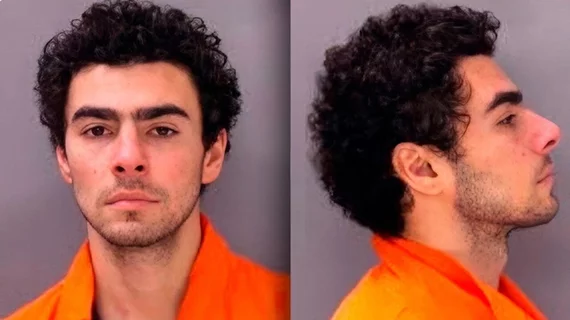Mangione now faces federal charges, death penalty in murder of UHC CEO
Luigi Mangione, the 26-year-old man accused in the fatal shooting of UnitedHealthcare CEO, Brian Thompson, was extradited to New York on Thursday to face first degree murder charges. Shortly after he landed, the federal government unsealed a criminal complaint of its own.
Mangione now also faces federal murder charges, which he will stand trial for after the case in New York concludes. In the state, he faces an 11-count indictment, including three murder charges along with multiple alleged crimes related to the possession of an illegal weapon.
Mangione’s attorneys have said they will defend their client against the accusations. He was arraigned in a Manhattan courthouse shortly after arriving in New York. His legal team opted not to fight extradition to New York.
In the federal indictment, he has been charged with murder through the use of a firearm, along with offenses related to stalking and possession of an illegal weapon.
Thompson was murdered on Dec. 4 outside the New York Hilton Hotel in Manhattan. A nationwide manhunt for his killer ended when Mangione was arrested at a McDonald’s on Dec. 9.
On his person, police said Mangione had a firearm matching the caliber that killed Thompson, multiple fake IDs and a handwritten letter, wherein he allegedly explained his motivation for the murder.
The first-degree murder charge in New York is reserved for the most serious murder offenses. In this case, prosecutors are equating Mangione’s actions to an act of terrorism. Police said bullets recovered at the scene of the crime had the words “deny,” “defend” and “depose” written on them, possibly a reference to a 2010 book by Jay Feinman, Delay, Deny, Defend: Why Insurance Companies Don’t Pay Claims and What You Can Do About It.
The book is about insurance company malfeasance.
With the federal indictment, Mangione now faces the death penalty if convicted.

